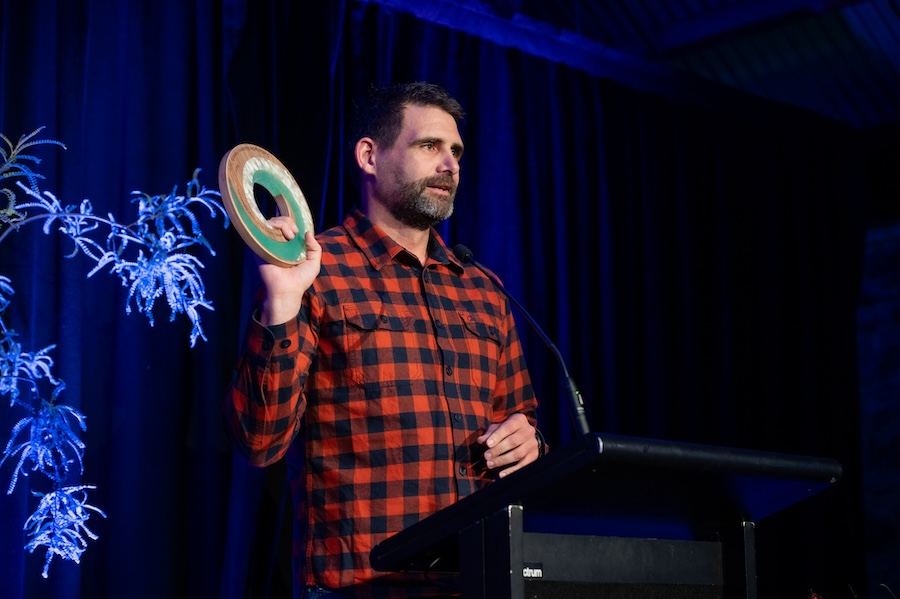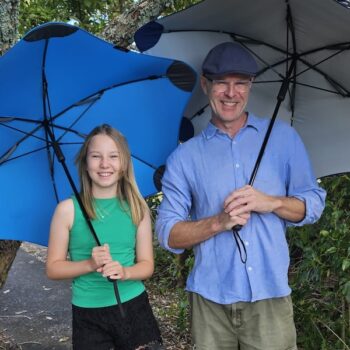How to communicate sustainability effectively – 4 expert tips
Effective communication is essential for sustainability. Done well, it can boost a company’s reputation and give it a competitive edge. But done poorly, it risks greenwashing – undermining trust and credibility. People today want to hear about the good your organisation is doing, but they’re quick to spot inauthenticity.
Mastering sustainability communication is an art. Whether you’re a business leader, marketer or sustainability professional, crafting clear and credible messages is key to engaging people and growing your business.
In the lead-up to the the Sustainable Business Network’s Communicating Sustainability Masterclass, I asked some of the expert speakers to share their top tips. Four key themes emerged:
-
Keep it clear, concise and credible
Avoid jargon and use plain language to build trust. Gabrielle Pritchard, Marketing Strategist at GoodSense says to stay away from buzzwords, vague claims and green gloss.
“Instead, say exactly what you mean, back it up with proof – credible data and third-party verification – and make it easy to understand. Sharing your organisation’s impact (with evidence) in plain speak beats a clever slogan or sly pun. If your brand is doing some good, great. Just tell the story straight. People are savvy and quick to spot greenwashing, so build trust by ensuring your sustainability efforts are real, meaningful, and provable. Good sustainability communication starts with real action, without it, even the best communication strategy will fall flat,” says Gabrielle.
-
Balance data with emotion
Combine evidence with personal experience to make your message relatable, speaking to the heart as well as the mind.
“Communicating sustainability should have balance. There’s a need to balance hard data with emotion, problems with solutions, concern with hope, and global views along with local. As well as broad impacts on our world, people want to know how something will touch their own life and their community,” says John Berry, Co-founder and CEO, Pathfinder Asset Management.
Professor Albert Bifet, Director of Te Ipu o te Mahara A.I. Institute at the University of Waikato and Co-chair of the Artificial Intelligence Researchers Association, says that one of his top tips for communicating sustainability effectively and authentically is to combine personal experiences with real data, including insights from AI.
“People connect best with examples and stories they can understand. If you use AI tools, be clear about how the data is collected and what it shows. Talk openly about your own or your organisation’s efforts and admit where you face challenges. Provide updates on your progress, share both wins and setbacks, and invite others to join. Honesty builds trust. Remember that sustainability is a journey, not a final destination. Keep learning and improving with the technology’s help,” he says.
-
Harness the power of storytelling
Storytelling is a powerful tool for connecting with people at an emotional level. There are valuable lessons from Māori storytelling traditions, which have shared knowledge over generations.
“Use storytelling to turn facts into something that connects with people on an emotional level, making your message memorable. Māori and indigenous communities have long used storytelling to share knowledge and inspire future generations, offering a powerful example of its impact. Make sure it’s always backed up by data and the truth. Be honest and transparent about your progress, challenges and actions, keeping the story relatable and authentic. Remember, no organisation is perfect and by sharing your experiences you’ll build trust and help others in their sustainability journey too,” says Laura Cibilich, CEO and Design Director of RUN Aotearoa.
-
Be positive, pragmatic and transparent
Frame sustainability as an opportunity rather than a sacrifice. Focus on the benefits for business alongside environmental impact.

Mike Casey, CEO of Rewiring Aotearoa says: “Unlike a lot of environmental NGOs, we like to talk about substitution rather than sacrifice and we tend to put the economics ahead of the emissions, because when it comes down to it, that’s what most people care about. We are positive, pragmatic and transparent and we try to communicate our data in ways that everyday New Zealanders will understand by using analogies, comparisons and infographics.
“We don’t like to demonise fossil fuels as they have been central to human progress and instead we talk about the arrival of a better, cheaper, cleaner energy source that is now taking over. We prefer to focus on how the future could be better; we show that individuals have more agency than they might think; and we use personal stories of those who have already electrified to speed up the ‘neighbourhood effect’.”
Learn more from these and other expert speakers at the Communicating Sustainability Masterclass, March 25 at AUT in Auckland. Topics include effective messaging, greenwashing, behavioural change and AI. In-person and online tickets are available now.
NZBusiness is the Media Partner of the Masterclass.



